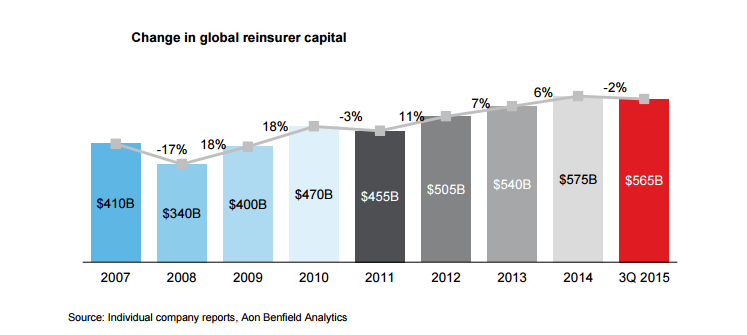What is Obligatory Reinsurance?
Obligatory reinsurance refers to the reinsurance wherein the yielding insurer agrees to provide a reinsurer with all the policies that are fit within the rules of the reinsurance agreement.

Also known as an automatic treaty, an Obligatory Reinsurance treaty needs the reinsurer to admit to and accept all of these policies.
Understanding Obligatory Reinsurance
Obligatory reinsurance is a kind of treaty reinsurance in which an insurer is needed to cede, and a reinsurer is needed to accept all of the risks that fulfil a few pre-finalised conditions. This enables the insurer as well as the reinsurer to develop a credible, long-lasting relationship as the insurer wouldn’t be compelled to look for a new reinsurer for every latest risk.
Also, every risk is accepted automatically under the terms and conditions of the contract, even if the insurer doesn’t update the reinsurer. Since obligatory reinsurance comes with automatic acceptance, both the reinsurer and the insurer have to be certain that the conditions of the agreement comprise a precise description of the risk type that this treaty takes care of.
This is a vital step in eradicating uncertainties that would have needed the agreement cancellation if left unaddressed. In case it is too late when these uncertainties and issues are discovered, it could be arduous to unwind the contract, considering risks might have been exchanged already. Not just that but automatic acceptance also increases Insolvency risk. Every party would want to ensure that the other person is being managed adequately and that the interests of the insurer match with the interests of the reinsurer.
Talk to our investment specialist
Types of Reinsurance
Facultative coverage helps to safeguard an insurer for a particular contract or risk. If a lot of contracts or risks require reinsurance, each one will be separately negotiated. The insurer has all the rights to accept or deny a Facultative Reinsurance proposal. Meanwhile, treaty reinsurance remains effective for a specific time period instead of contract or per-risk Basis. The reinsurer generally covers a part of or the entire risk that insurer may bear. Both these reinsurance types could be classified as obligatory if the reinsurance contract necessitates all policies that come within the contract’s scope. On the contrary, an obligatory-type contract is not available for certain reinsurance types. These reinsurance types include non-proportional and proportional reinsurance.
All efforts have been made to ensure the information provided here is accurate. However, no guarantees are made regarding correctness of data. Please verify with scheme information document before making any investment.






